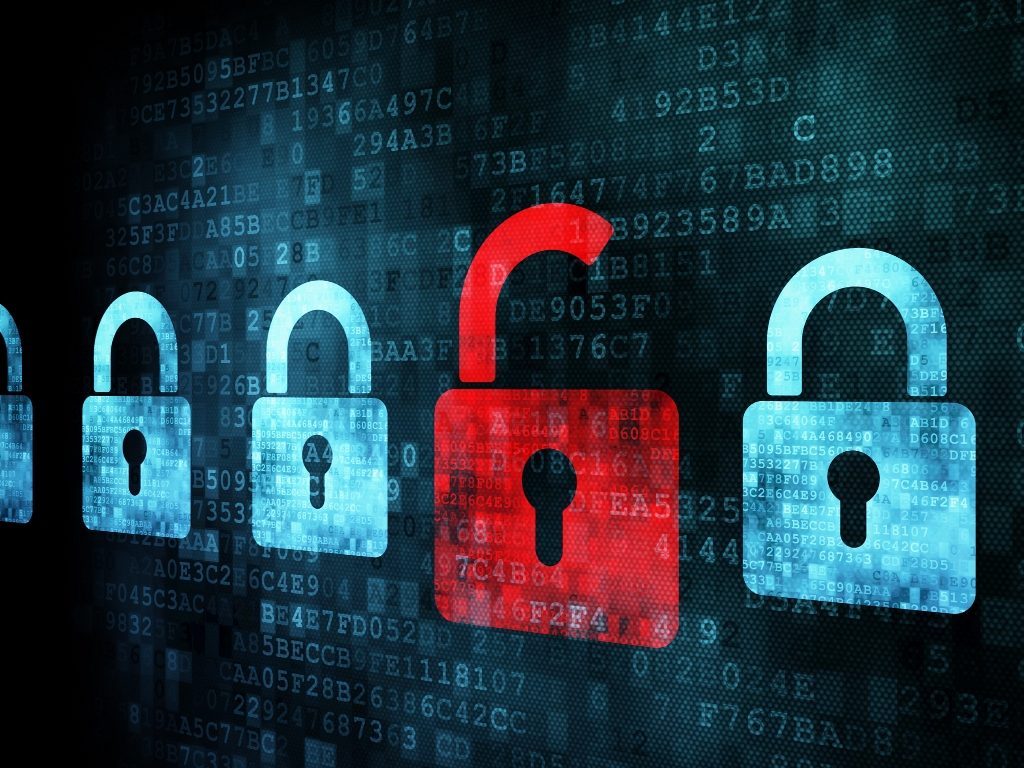Australia has always punched above its weight when it comes to technology. After all, we invented the black box flight recorder and Wi-Fi. Now, in an increasingly globalised economy, we’re mixing this with the exciting world of cryptocurrency. In 2016, Australia was awarded the tender to standardise blockchain and is set to revolutionise the way the global economy operates.
By leading the project, Australia will set “priorities for blockchain standards and contributing to the establishment of industry, consumer and market confidence in the use and application of blockchain technologies, most notably in financial services, government and supply chain management (particularly in agriculture),” according to a report by law firm King & Wood Mallesons.
Regulation remains important in spite of blockchain’s decentralised nature – and the critical leadership and expertise from the country whose banks survived the GFC better than anyone, is an exciting development. As the Australian Treasury notes:
“The World Economic Forum Financial Development Index of 2012 rated Australia as one of the world’s best performing financial centres, partly due to our strength in financial intermediation and our financial stability.”
The Australian Stock Exchange recently acquired a stake in American firm Asset Holdings as they seek to develop a blockchain solution to replace the ASX’s CHESS settlements clearing system, while the big banks and Australia Post are also believed to be investing in similar technologies.
What this means is that Australia is going to have a front row seat as blockchain becomes the dominant transaction method of the financial sector and expands into the predominant database platform of national governments.
The United Arab Emirates is leading the world in this regard, aiming to become the first ‘blockchain government’ by 2020, trusting its databases such as driver’s licences and property titles to the new technology. “It is disruptive for existing systems,” said government spokesperson Aisha Bin Bishr, “but will help us prepare for the future.”
Indeed, the CSIRO’s recent Data 61 report into blockchain has to investigated its uses beyond Bitcoin, stating it “may mean more reliable integration across government services, improved mobility and business consistency across states and better regulatory oversight when blockchains record operational information in regulated industries.”
But even the UAE has been beaten to the punch by none other than the Queensland government, who issued the world’s first government bond via blockchain last year. The “virtual cryptobond” was created by “smart contract” to manage the transfer of ownership and automate coupon payments, eliminating the need for back office intervention.
Australia was also involved in the world’s first ever global trade transaction in 2016, with Commonwealth Bank joining American bank Wells Fargo to arrange a shipment of cotton to China that combined blockchain with Internet of Things, another powerful emerging technology.
In a nutshell, not only will wholesale movement of public and private databases to blockchain mean that the information world is all speaking the same language, but this consistency will also enhance standards and privacy of our personal data. And that’s no small thing when it is estimated that three million digital records are stolen around the world each day.

Dr Phillipa Ryan, a lecturer at University of Technology Sydney and part of the Australian team standardising blockchain, explains some of its other applications. “Very soon the blockchain will be used for online transactions. It will enable smart contracts, crowdfunding and auctions,” he says. “It will verify the provenance of artworks and diamonds; transfer title to real estate and other assets; and store information about people, products and property. Apps for music distribution, sports betting and a new type of financial auditing are also being tested.”
To date, the only successful, scaleable use of blockchain has been by cryptocurrencies, but the interest and investment in blockchain from the world’s’ largest industries and governments means that the technology will continue to grow. This will help to accelerate solutions to the ‘big three’ risks of privacy, fraud, and bloat.
The blockchain has never been hacked, but like all systems, it will be tested as it expands. Privacy and fraud concerns will be mitigated by global regulation, along with improvements—such as incentivising networks to maintain the system through participation (as no central authority is doing so). Investment in computing power will be crucial to preventing bloat and keeping the blockchain the nimble transaction base it is designed to be.
With our best and brightest on the job, Australia’s leadership in blockchain is a boom for the local tech industry, as we can harvest their expertise and become fast adopters. While some of the blockchain and cryptocurrency appeal lies in the decentralised nature of the platform, there’s no doubt that worldwide regulation will further enhance its security and legitimacy, ultimately creating value for investors.
Australian businesses and consumers are set to reap the rewards of being blockchain pioneers, while the value of having trusted institutions supporting and underpinning the technology will be priceless.
Disclaimer: this article is for general information only and should not be taken as constituting professional advice.